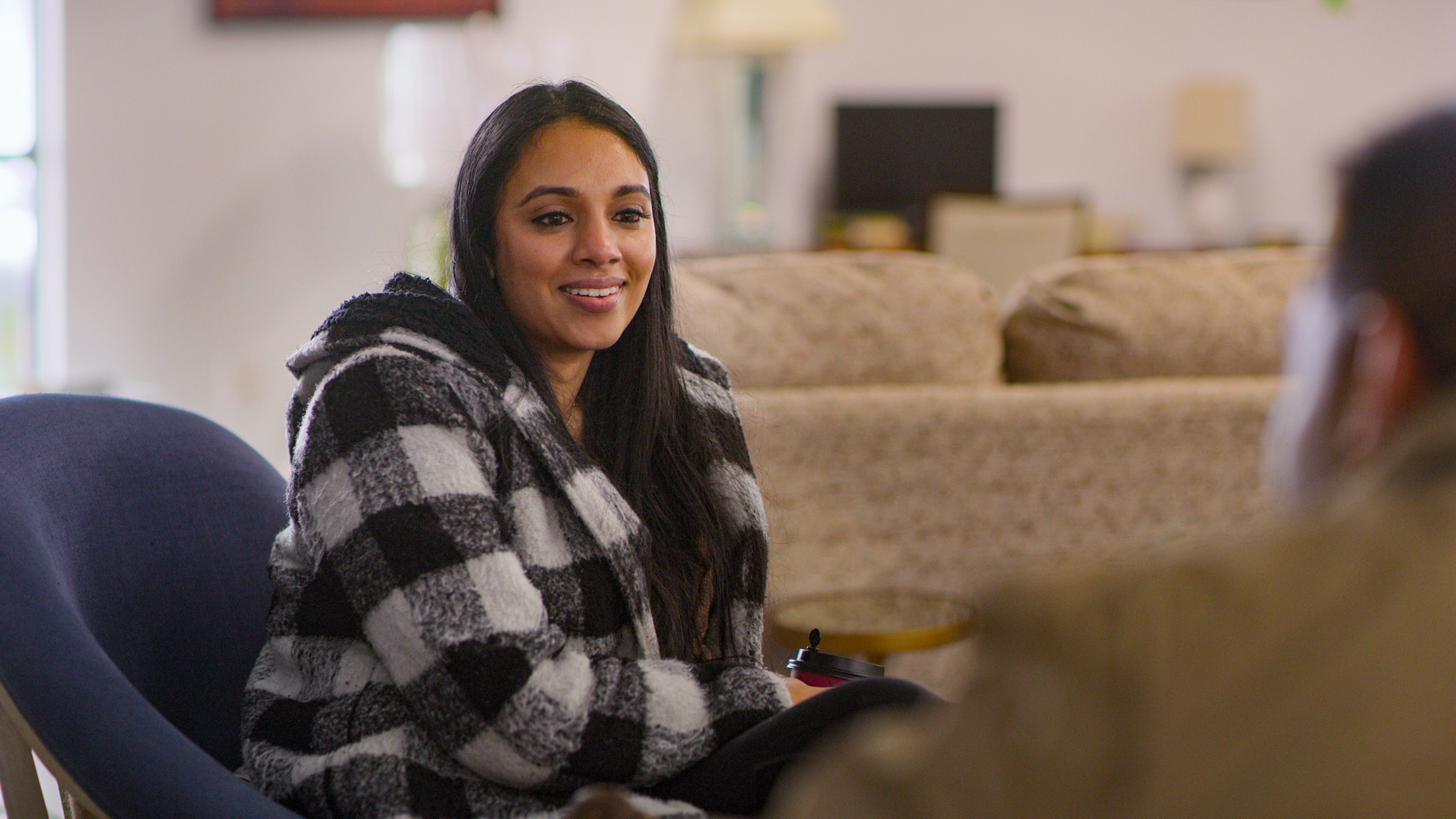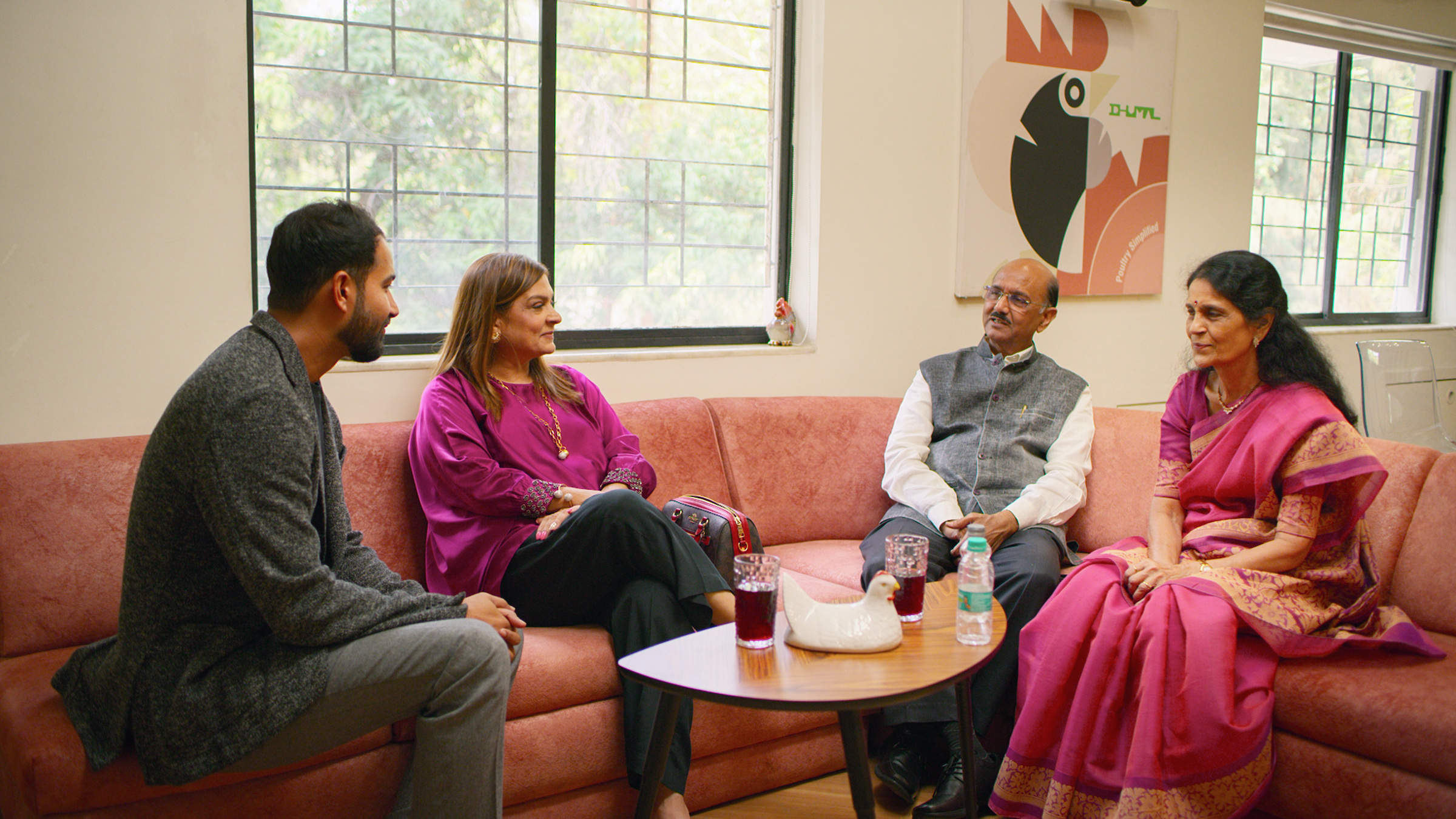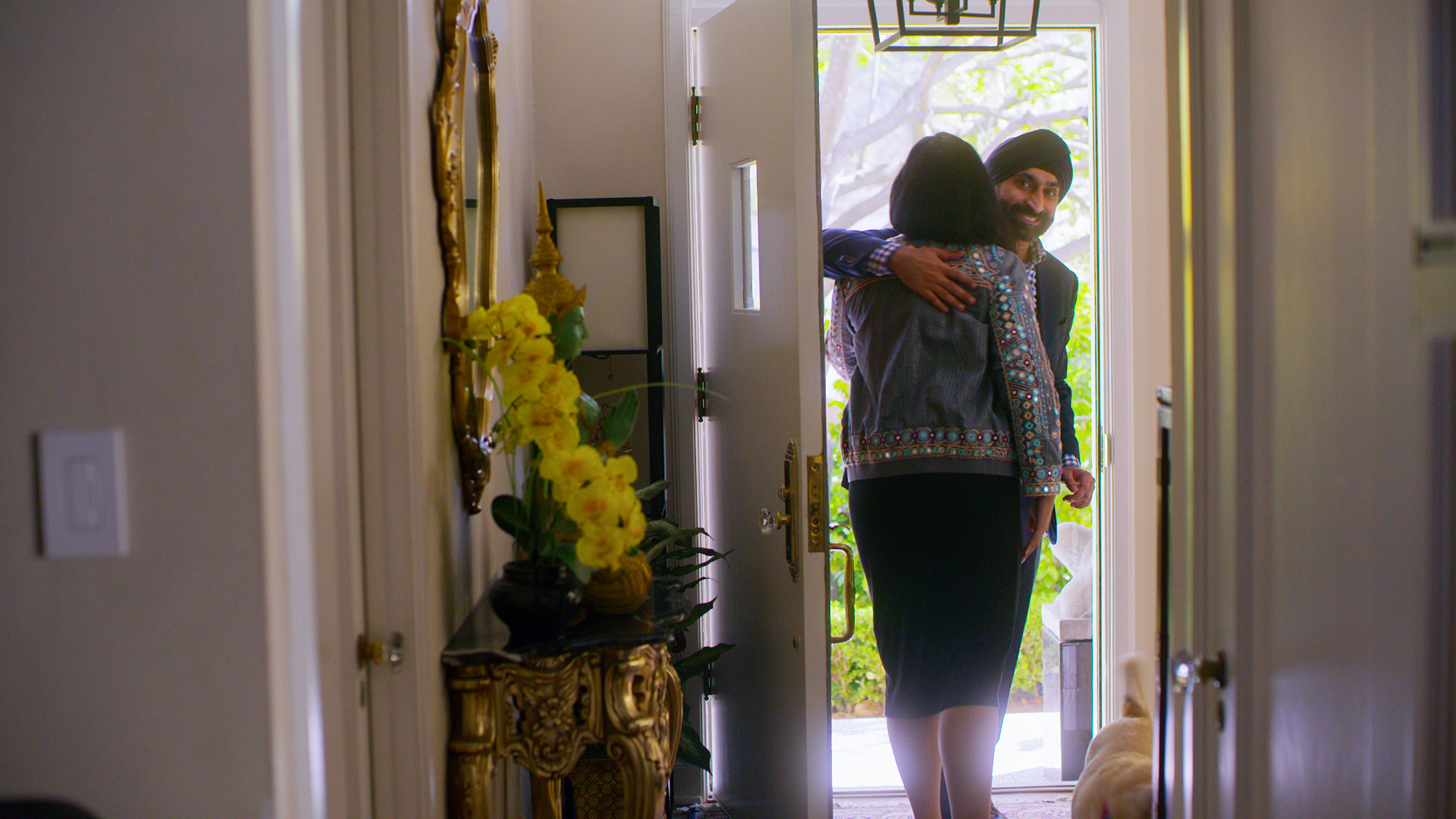Indian Matchmaking— the show some people love and some people hate — is back. And after the series' first season caused a lot of controversy and debate among viewers and made the show so popular, it seems its creators haven't learned from their mistakes. The Netflix showcontinues to build around Matchmaker Sima Taparia in its second season, and it goes from casteism to heteronormativity, sexism to colorism and classism to matchmaking. It reflects some of the problematic aspects of the making industry, but we can't put much effort into questioning them.
While Season 1 received a lot of criticism, many viewers felt that it opened a window on what matchmaking could be like today, with cast members and their journeys. I appreciated that you were entertained by From Praduman's liquid nitrogen foxnuts to Akshay's mother's blood pressure, fans enjoyed the antics of Sima's ultra-rich customers and also related to the emotional journeys of cast members such as Vyasar, Ankita and Nadia. rice field.
But for a show that is supposed to offer a modern take on this process, in its first season, Sima represented some of the most regressive parts of the industry, giving way to caste. The veiled mention of , the declaration people are looking for, was shown. "Slim, slim, tall,fair" girls, and flippant remarks such as "If women were lawyers in India, everyone would be scared." These hurtful and frivolous comments were problematic, even if Sima's views reflected the reality of many families going through the matchmaking process. In Season 2, we continue to look at Indian culture through an exclusive lens focused on the stories of wealthy and fair upper-caste North Indians. It features a new cast, but the episode offers the same.
No single documentary series can provide a complete picture of a country or culture. However, despiteconstructive criticismof Season 1, Season 2 carries on many of Season 1's mistakes. The show has already been renewed for a third season, focusing on matchmaking in the UK. Here are four waysIndian matchmakingwill improve for Season 3.
READ MORE: Netflix's Indian Matchmaking It brings the conversation to the fore. But is it more beneficial or harmful?
Reflects a more modern version of matchmaking

Nadia in Season 2
Courtesy of Netflix
Matchmaker Sima Tapalia's appearance on the show has sparked criticism for what viewers perceive as her prejudices and double standards. Although she describes herself as "Mumbai's top matchmaker", she has had no success matching clients since last season, representing traditional matchmaking methods and being patient with clients. , keeps saying compromise and only ready to receive 60-70%. Many people don't want to settle down until they find the right partner, but what they're looking for.
Season 2 will feature her five new cast members: Akshay, Viral, Arshneel, Shital and Vinesh. All have high expectations of their partners, but matchmaking doesn't seem to have learned much from her process. But with the return of cast members Nadia, Aparna, and Pradyuman comes personal growth and a hopeful outlook.
In many ways, Season 2offers a more realistic and relatable look at modern dating. From the failed first date, to the cultural differences, to the constant excuses of "didn't have the spark." For a show about an arranged marriage, this season's storyline explores more broadly what it means to take a lot of the pressure off the outcome of a marriage and try to find someone who can understand you while learning about yourself in the process. Did.
Read more: All new and upcoming on her Netflix in August 2022
, the show continued to feel as old-fashioned as its matchmaker. Aunt Sima hasn't changed. As she told Condé Nast Traveler India, she still "only works with high-profile clients."The cast is more concerned with making sure they feel secure in themselves and confident in the relationship before marriage. Many people find partners despite Sima, not Sima's fault. While it was refreshing to see cast members decide whether or not to follow Sima's advice, her presence on the show and her traditional client roster prevent them from featuring a more diverse cast. .
This season is most relatable when favorites Aparna Shewakramani and Nadia Jagesar open up about the difficult process of finding a life partner. After rejecting Shekhar and being dumped by Vishal for lacking the aforementioned spark, Nadia becomes disillusioned with her love, but she "can't lose her hope," she says, and she keep trying. Aparna's story focuses on moving to New York and the process of finding a foothold in a new city. By parting with Sima, Aparna told Time: She meets a new person called Daman, but questions their compatibility and ultimately decides to take some time out for herself. She told her TIME: Their choice indicates that they would rather be single than with an unsuitable partner. By spending more time exploring self-love and self-discovery during the matchmaking process, the show is able to more accurately reflect modern dating.
Don't Perpetuate Double Standards

The way Aunt Sima describes her viral pickiness compared to the men on the show reflects a double standard
Courtesy of Netflix
When Season 1 came out, many noticed how Sima treated male and female audiences differently. For example, she called Aparna "picky" and "stubborn" for saying no to her first match, while she was endlessly patient with Pradyuman, who rejected 150's marriage proposals.
The double standard continues in Season 2. Sima, who describes himself as "the most qualified bachelor in the world," said Akshay, an engineer from Nashik who is "attractive and handsome. His parents are good. He's rich." When describing working viral, she says, "Viral is very calculating, [because] she gave a lot of preferences and standards." As Akshay struggles to find a match, Sima explains: To meet potential matches, Sima says, "She's always looking for reasons to find out someone isn't perfect." She criticizes women for turning down marriage proposals, but she makes excuses when men do the same.
This also affects how clients are managed. She gave Viral and Shital one biometric at a time and said, "That's the way I work." Arshneel was given a choice of three women. She has two options to choose from, with Vinesh in Miami. Sima recognizes that "girls have to compromise, boys have to compromise", but she can work on applying this to treat her clients as equals.
Indian Matchmaking on TIME's list of the 50 most influential seasons of reality TV Read Why
Diversify Your Casting Options

Akshay is the only cast member from India in Season 2
Presented by Netflix
Although much more diverse cultures exist in Shaw India, wealthy, upper-caste Hindus and Sikhs North Indians (Gujaratis, Punjabis, Sindhis) is characterized by Many of our cast members have cultural preferences and are looking for partners with similar communities and backgrounds. Sima Auntie encourages this ethnocentrism by choosing to match clients with similar cultural and religious backgrounds, careers and interests.
In Episode 6, she claims that her Arshneel and Rinkle are compatible. Habits, stays, food, thoughts, all in line with each other. When Viral was asked about her standards, she said she wanted a Hindu partner who was fluent in Gujarati."I identify as a Hindu. I think my parents will be happy if I keep it that way." It can be frustrating to see
In season 1, the show featured a global view of matchmaking, with three of Sima's clients of hers in India and five in the United States. However, Season 2 includes only one of his new clients Akshay from India, and the rest of his cast members are Indian-American. Hopefully, season 3 will see some more inclusive casting choices with a more thoughtful representation of the British Indian community.
Read more: Like it or not, reality television has reshaped our world
Difficult Conversation

Cleveland cardiologist wonders if non-Punjabi and non-Sikh girls will accept his background
Courtesy of Netflix
Although the show could explain the complex topics and traditions of Indian culture, now for two seasons, its creators have chosen not to. Akshay claims that Viva is said to have problems in her marriage due to the curse of Bandhan and schedules a puja to remove the obstacles, but the cultural traditions behind this are not fully explained. Not.
Arshneel is worried that his first match, her Anjali, has never dated an Indian, but because he has never dated someone who grew up in India. , is also hesitant about Rinkle. As a turbaned Sikh man, he often wonders if girls who are not Punjabi or Sikh will accept his background.
Colorism was a big issue in Season 1, but Sima's new client, Richa, says she wants someone "not too black, fair-skinned," but never explicitly in Season 2. not treated as such. Sima's selections for her clients are generally fair. By avoiding the topic, the show normalizes practice.
Matchmaking in India is a joy to watch, but misses many opportunities to explore topics that viewers can relate to and learn from. The show's popularity shows that people are eager for these conversations, if we can dig a little deeper.
Contact Us letters@time. com


